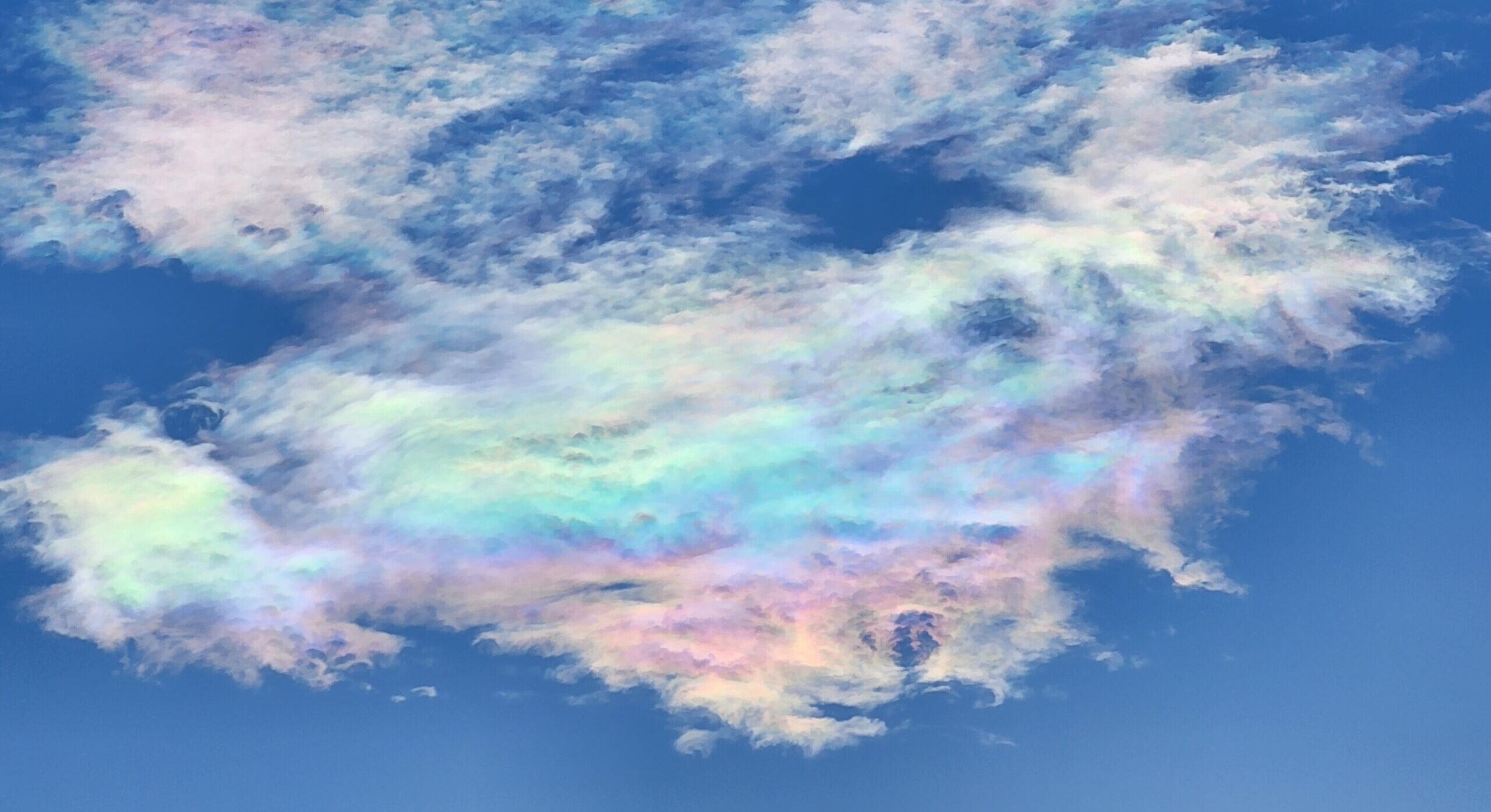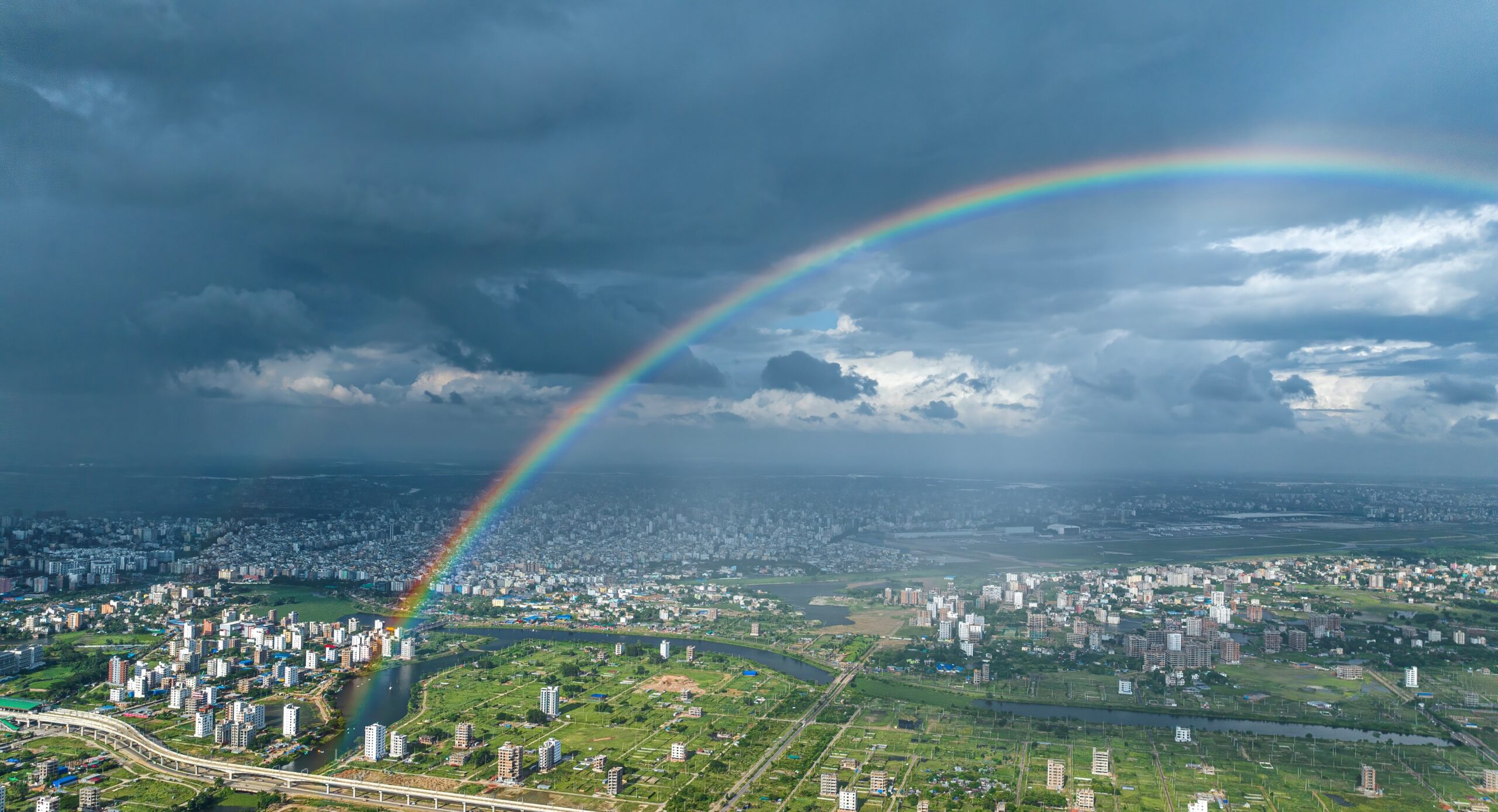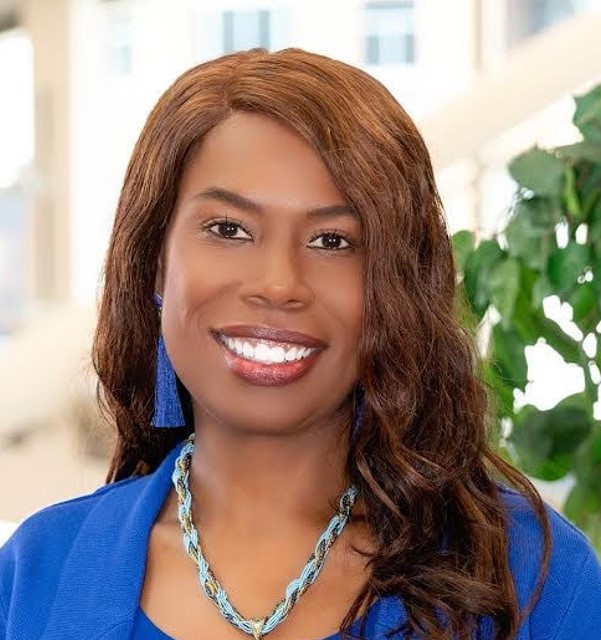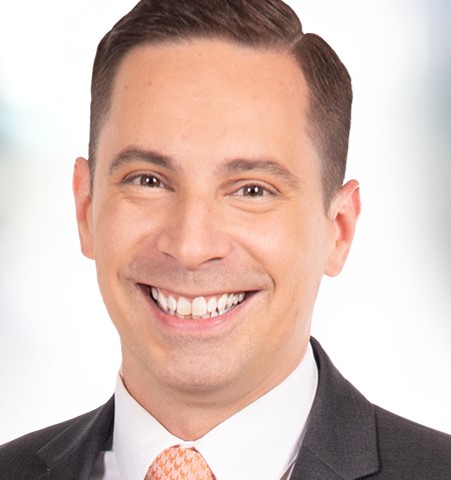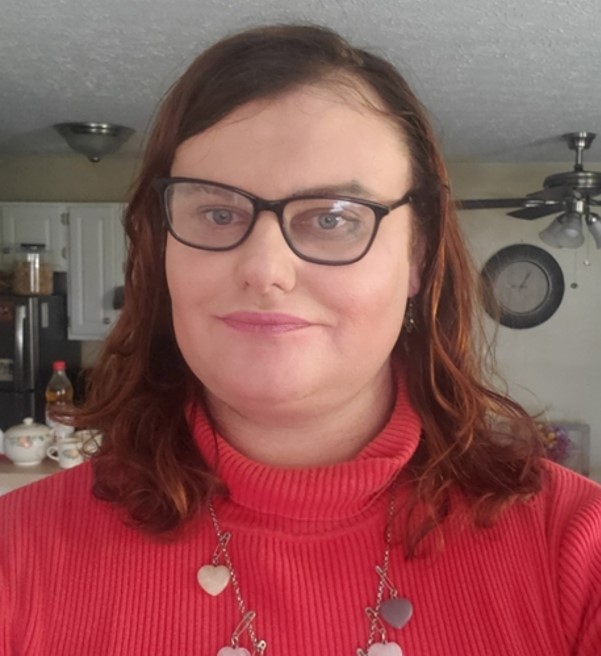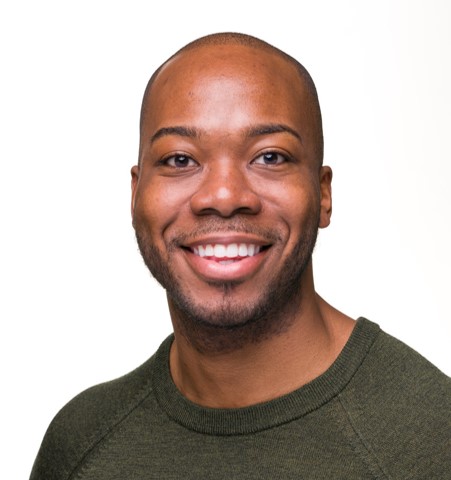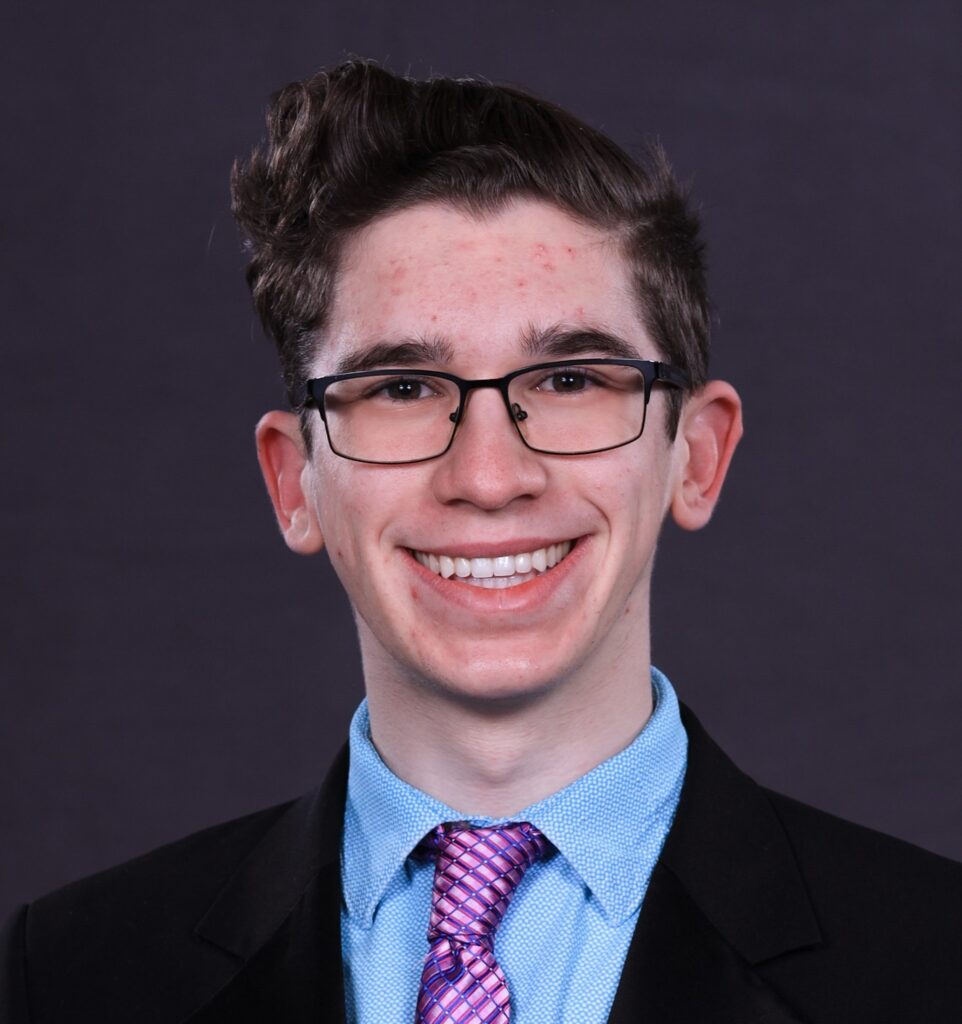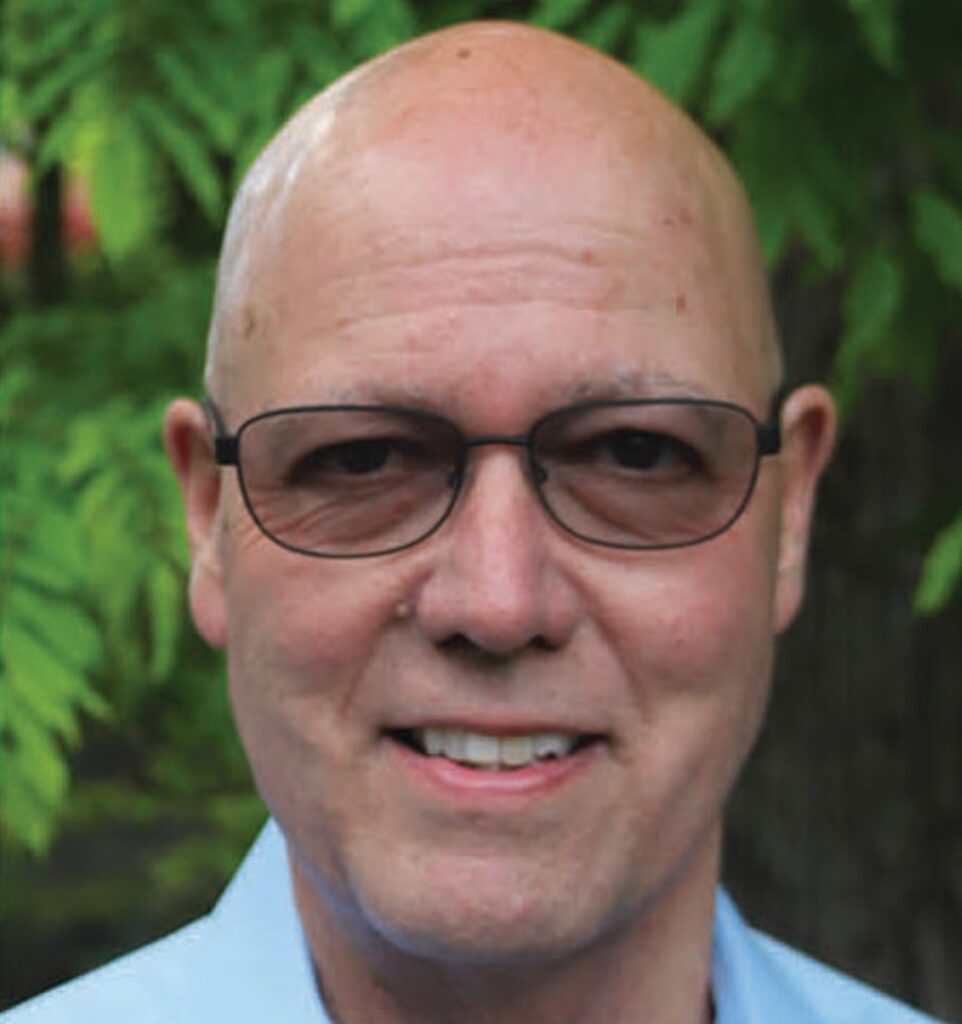June is LGBTQ+ Pride Month. We asked a few members of the AMS community to give us their thoughts on pride, community, history, and the path forward. Sign up for the Coriolis Committee’s Ask Me Anything Zoom discussion about being LGTBQ+ in the Earth System Sciences (June 26, 2 p.m.) here.
This is part two of a two-part post. Read Part One to learn more about our contributors — Kandis Boyd, Mike Augustyniak, Jerrica Decker, Tevin Wooten, Declan Crowe, and Brad Colman — and their history with the AMS, LGBTQ+ community and advocacy, and coming out.
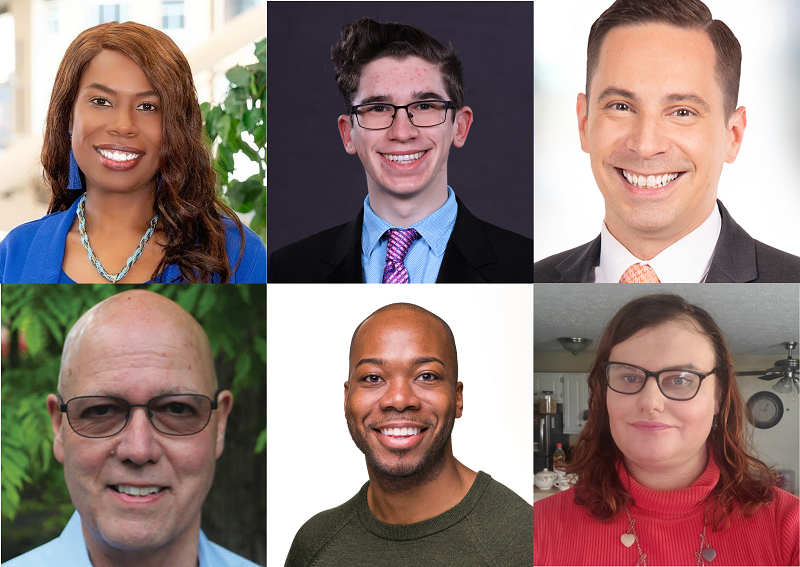
How have things changed for LGBTQ+ people in the field over the course of your career?
Brad: There have been dramatic changes, nothing short of remarkable and beyond my wildest dreams when I was growing up. I was just starting to recognize my own sexuality during the Stonewall Riots in 1969. We now have anti-discrimination laws protecting LGBTQ+ people in the workplace and society. Corporations have been strong agents of change with the adoption of inclusive and welcoming policies. One of the most dramatic changes I have observed, and personally feel is one of the most important, is the gain in visibility and representation of the LGBTQ+ community essentially everywhere one looks: politics, TV, academia, corporate, sports, and in many religions. As AMS president, I was proud to be able to bring my husband, Peter, to the annual meeting in Baltimore and introduce him to the AMS community. These dramatic changes have further enabled a number of supportive networks, like our own AMS BRAID and Coriolis.
Kandis: If you asked me 30 years ago what my career would look like, I would have told you a very different story than what I actually experienced. I’ve experienced more changes than I can count — and that is a good thing. Change is inevitable and the best way to embrace your career is to be prepared for change, embrace the unknown, and be a constant learner to build your skills and experience.
Declan: My professional career started just before the pandemic, and there have definitely been changes that I’ve seen since then. For example, people have been more willing to connect with others online, which has helped foster an inclusive space for those who may not encounter accepting spaces in their lives. Also, the pandemic spurred a huge amount of education about the LGBTQ+ community; it’s easier now than ever to take some time and educate yourself about the different parts of the community!
I’m proud of how far AMS and the weather, water, and climate enterprise has come from the time I’ve been involved. I’m also excited about where we can go to make sure we continue to create and support accepting spaces for everyone, both during this Pride month and in the future.
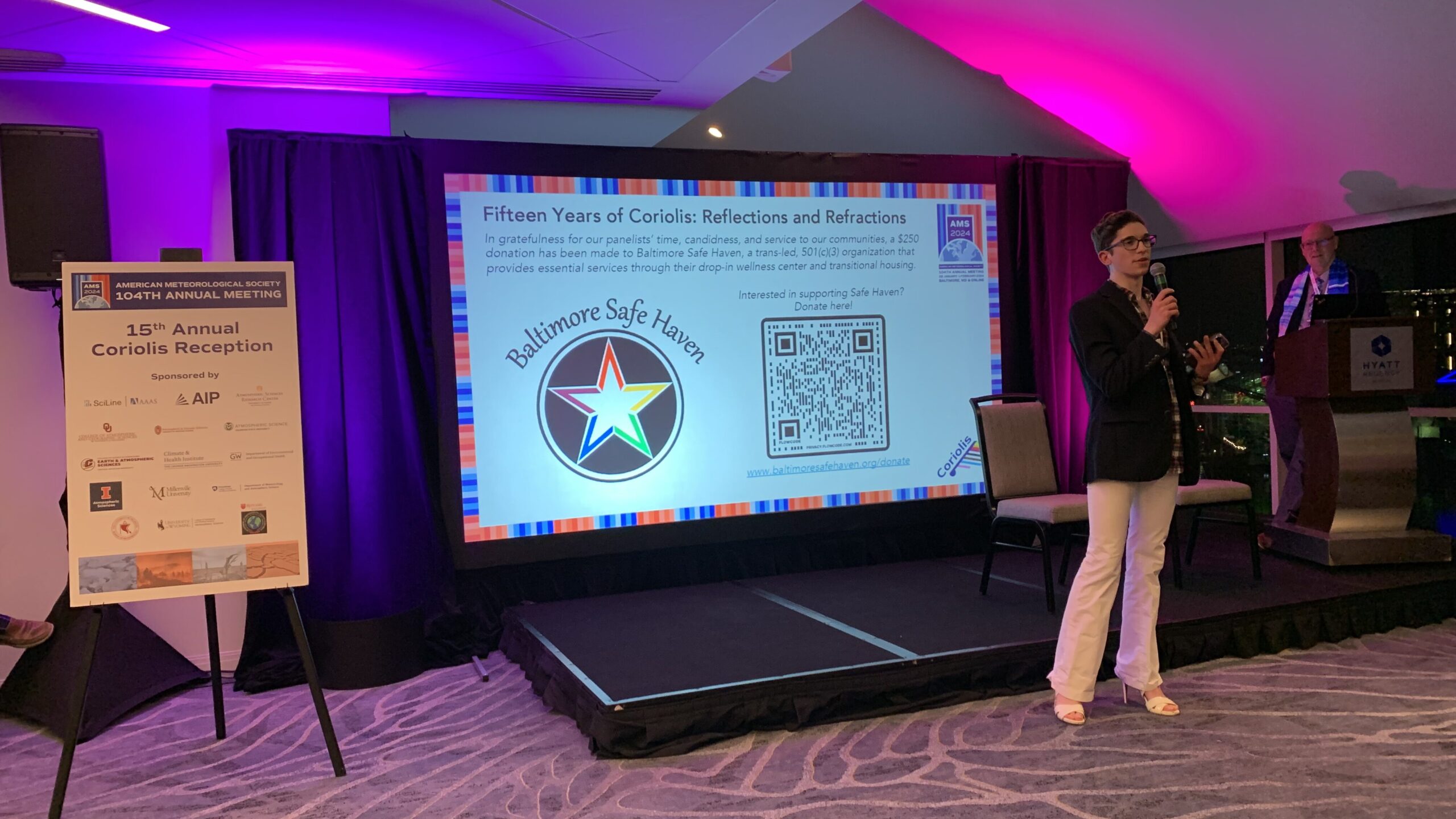
Mike: I am fortunate to have the support of all my friends and family, as well as (by and large) the community in which I have lived for the last 15+ years. My way of expressing gratitude for this good luck is to help others by being a resource and mentor, when possible. Others did it for me in the past, and now I feel a happy obligation to pay that forward.
What challenges still need to be addressed, both within and outside AMS?
Kandis: Speaking as a Queer Black Woman, intersectionality is a topic that needs much attention. Individuals who belong to multiple marginalized groups — such as people of color, 1st generation graduates, people with disabilities, people marginalized based on their gender or age, and immigrants — add complexity to the conversation and often face compounded discrimination issues related to their intersecting identities. … There are many places and spaces where LGBTQ+ individuals don’t have the same legal protections, are bullied and harassed, face health disparities, are victims of hate crimes, and as a result are at a higher risk of depression, anxiety, substance abuse, and suicide. AMS can be a beacon of light and be a voice to the voiceless for these all-important topics.
Mike: Figuring out who you are, and coming out if you wish, is a challenging but life-affirming experience for many, though some pay a heavy price for it. As the majority, members of the straight community need to be just as vocal and active in their efforts to improve the environment and rights of the members of the LGBTQ+ community, as LGBTQ+ members are. To quote Arthur Ashe: Start where you are. Use what you have. Do what you can.
Tevin: I feel that AMS should be more proactive and vocal in advocating for minority communities. I acknowledge that AMS is standing up for marginalized individuals, but we should be much better at also reaching early childhood and high school individuals, and not being solely a sector for working professionals. In order to change the environment, we must seed and water the foundation.
Declan: Historically, many people haven’t realized the fact that all minority communities face a collective struggle, and it is up to us to work together and fight for what is right. I encourage everyone, particularly within the AMS and other professional societies, to educate themselves on the dangers of ignoring intersectionality, as well as how to listen and amplify voices that have typically been suppressed.
Also, LGBTQ+ people face a huge issue when it comes to having their identities respected, especially our transgender/non-binary communities, who often go by names and pronouns that are not respected in professional spaces. Encouraging everyone, regardless of identity, to identify themselves with their pronouns will help normalize proper pronoun (and name) usage. Additionally, AMS at-large and its members can work to actively educate themselves on the different identities that fall within the LGBTQ+ community, so that they are ready to amplify the voices of community members.
Brad: There are still legal inequalities and workplace discrimination issues, as well as unique and critical healthcare disparities and intersectional challenges, where we still need to make considerable progress. One activity from my tenure as AMS president still stands out in my mind: the Transgender, Non-Binary, Gender Non-Conforming, and Ally Event at the 2023 Annual Meeting in Denver. To listen to these brave individuals share their challenges and life journeys was both educational and inspirational to me.
Another area of remaining challenges has to do with global perspectives. We are by nature a global profession. Many of us travel abroad for conferences and field studies. Sadly, members of the LGBTQ+ community face difficult decisions about traveling to places where they may face violence, persecution, and legal sanctions. As such, efforts to promote global equality and human rights for LGBTQ+ individuals remain ongoing and vital.
What advice would you give other LGBTQ+ people in weather, water, and climate-related fields?
Jerrica: My advice is to be your authentic self because there are lots of people in the AMS who celebrate who you are, and be sure to look for Coriolis events at the annual meetings.
Kandis: First: befriend, network, support, and advocate for people both in and outside of the LGBTQ+ community.
Second, celebrate your identity and be your true, authentic self at all times.
Third: be visual and educate yourself about all things weather, water and climate – be an inspiration to others.
Declan: Find a community of LGBTQ+ people and allies wherever you can! It’s nearly impossible to deal with the struggles we face, both as individuals and a community. The good thing is, we don’t have to do it alone! Not every space will be accepting, but whenever you can, live your life to your truest form and find the people that are willing to do that alongside you.
Tevin: To other members of the LGBTQ+ people in the weather, water and climate community, I would say to remember why you’re in this field. Ultimately, it should be to protect vulnerable communities. That’s what matters most … let your expertise and experience be your guide.
Brad: First off, everyone should strive to be authentic and respect both yourself and others by embracing diversity. I recognize this is easy to say but not always easy in real life and I encourage anyone who is struggling with the process of coming out to set their own pace and to seek support if they ever feel it would be beneficial. Not everyone need share this information in their professional life, it is a personal decision. I recognize, however, that those who do so play an important role in supporting others either directly or indirectly. Finally, don’t forget that in the current environment, the large majority of our colleagues are supportive allies.
Mike: Having a support network – even if that’s just one other person – makes navigating all of life’s challenges easier. Invest in yourself by building your network!
Is there anything else you’d like to share?
Kandis: I thank AMS for leading the way to advance the LGBTQ topic for everyone. The Coriolis Committee is sponsoring a webinar to address many of these topics on June 26th – “Ask Me Anything.” I hope everyone takes the time to participate in this all-important topic
Jerrica: To me, pride is about providing a safe place for people to explore and be their authentic selves.
Brad: I’m incredibly excited by how far the LGBTQ+ community has come in the fight for equality and acceptance. While it’s crucial to stand up for our rights and be proud of who we are, it’s equally important to recognize that not everyone may be on the same journey or at the same stage of acceptance. Just as growing comfortable as a gay man was a decades-long journey for me, others in our community and beyond have their own journey and their own pace. We live in a wonderfully diverse world, filled with people from all walks of life, and it’s important that we respect that diversity. Let’s continue to be proud of who we are, [while being] mindful of the impact of our actions on others. Let’s strive to be inclusive, respectful, and supportive of one another, regardless of where we are on our individual journeys. Now, let’s celebrate Pride Month!
Featured image: “Iridescence” by Joshua Intini was an entry in the 2023 AMS Weather Band photo contest.
